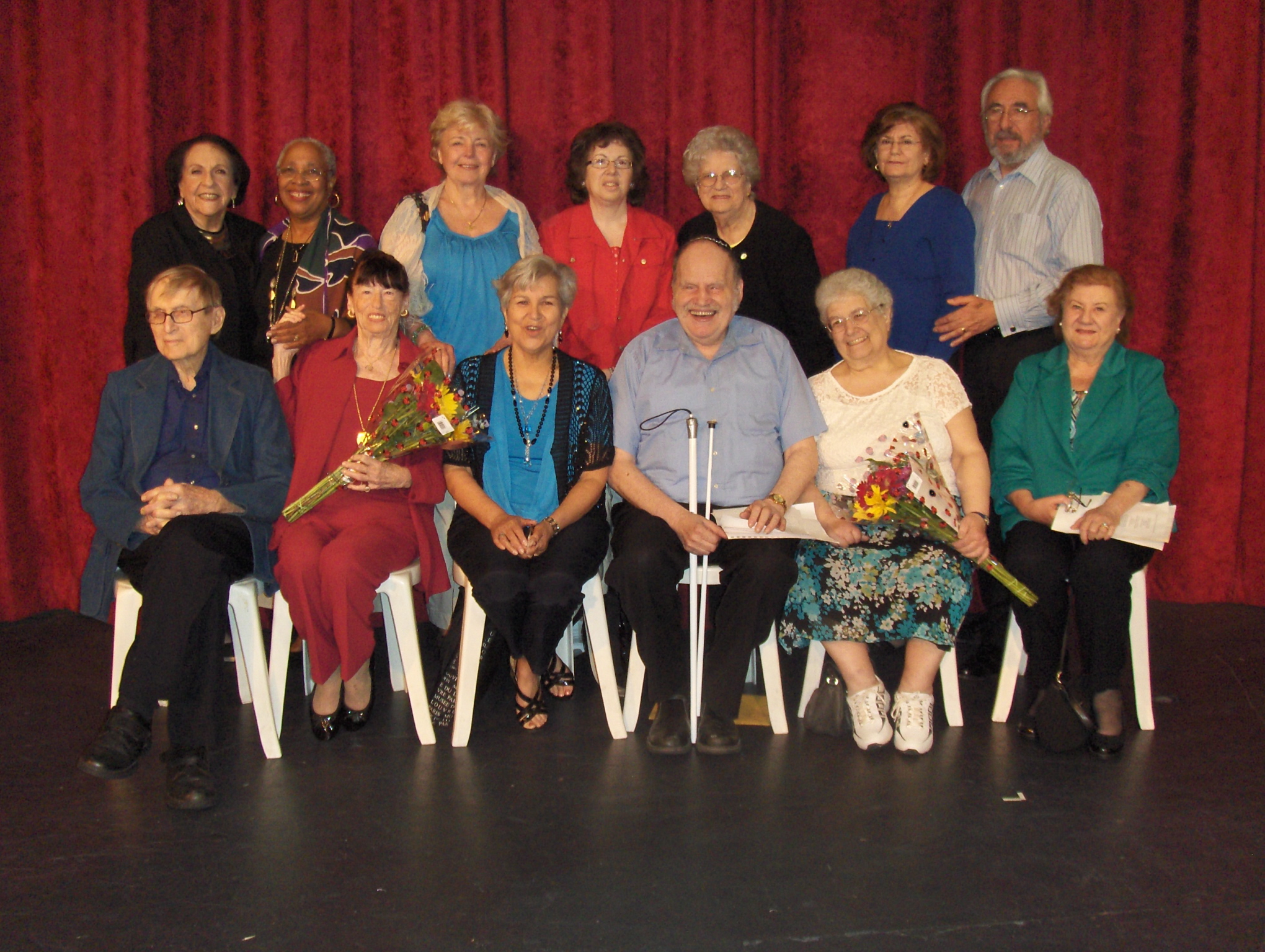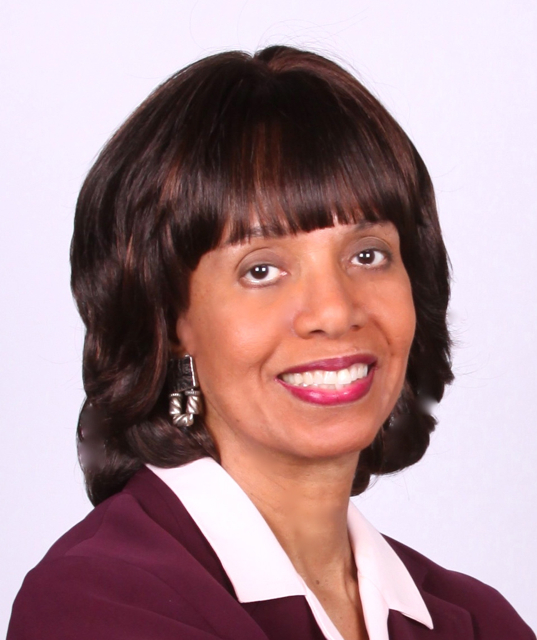Showcasing Senior Writers
Paula Rodenas is the author of The Random House Book of Horses and Horsemanship and a freelance writer for numerous magazines and newspapers, including Town & Country, Travel & Leisure, and the Horse Directory. She has edited books for Arco and Exposition Press and received awards from the Press Club of Long Island. She teaches creative writing for local adult education programs, and for more than twenty years has led the Merrick Senior Center’s Creative Writing Workshop, a sixteen-week program sponsored by Poets & Writers and the Town of Hempstead Department of Senior Enrichment. A lifelong horse lover, much of her subject matter as a writer has involved horses and she currently contributes to a thoroughbred racing column for a magazine in Long Island, New York. Rodenas has been invited to many foreign press trips for her work as a journalist.
Anyone who believes senior citizens cannot learn and improve should think again!
I have been leading a creative writing workshop for people ages sixty and up at the Merrick Senior Center for more than twenty years. I’ve always enjoyed one-on-one relationships with other writers and this workshop allows me the opportunity to share and appreciate the progress of the participants.

Each week I give an assignment, but I emphasize that it is more of a guideline than a “must.” We have produced poetry, prose, memoirs, fiction and, for the stage, short dialogues or mini-plays that we call “vignettes.” The work is read aloud and critiqued by members of the group with a positive approach, building upon the foundation as opposed to tearing it apart.
The program presently runs for sixteen weeks each year between late February and mid-June, and meets once a week for two hours. At the end of the sessions, we hold a presentation at our local community theater, the Merrick Theater and Center for the Arts, offering free admission to the public, followed by an informal coffee hour. This enables the writers to mingle with the audience. We also publish a booklet in the fall entitled, “Musings of Maturity” which contains our most recent writings. We thus have two venues, one audio and one visual, in which to feature our work.
Our program has been well-received within the community. In 2012, we were featured in a special weekend edition of the Long Island newspaper, Newsday. In 2013, we made the front page of the Herald Weekly. Our theater presentations have been recorded and sent to nursing homes, and “Musings of Maturity” is shared with local libraries.
What makes our group special is a strong camaraderie that makes it feel like family. Deep emotions are often revealed—there are tears and laughter. Older writers draw on a lifetime of experience and wisdom. Our participants have an optimistic outlook, remembering the past, but also thinking ahead. Writers of any age need support and encouragement, and it has been a pleasure to see senior writers develop and gain recognition in the community.
Photo: Paula Rodenas and the Merrick Seniors. Photo Credit: Nat Watson.
Support for Readings & Workshops in New York is provided, in part, by public funds from the New York State Council on the Arts, with additional support from the Friends of Poets & Writers.






